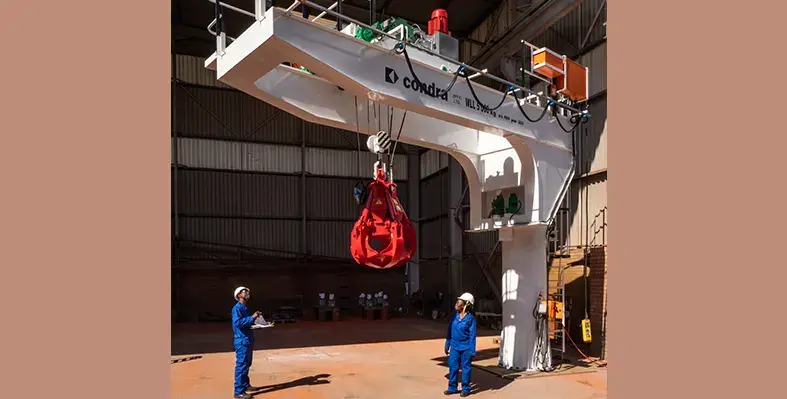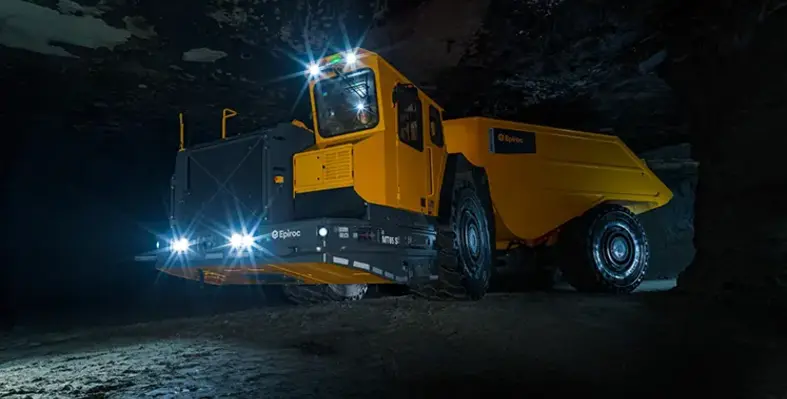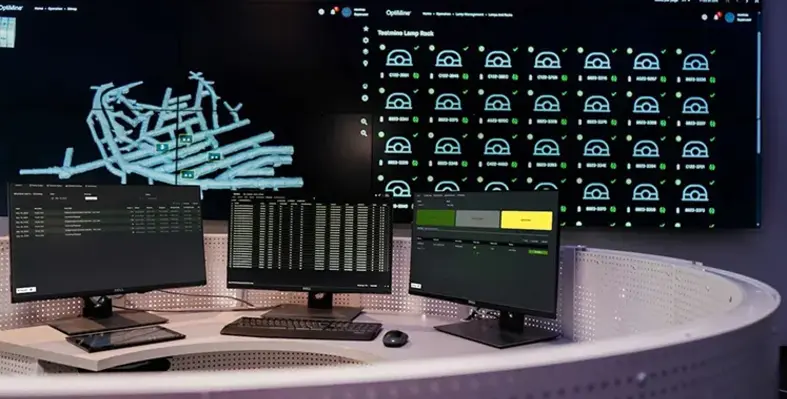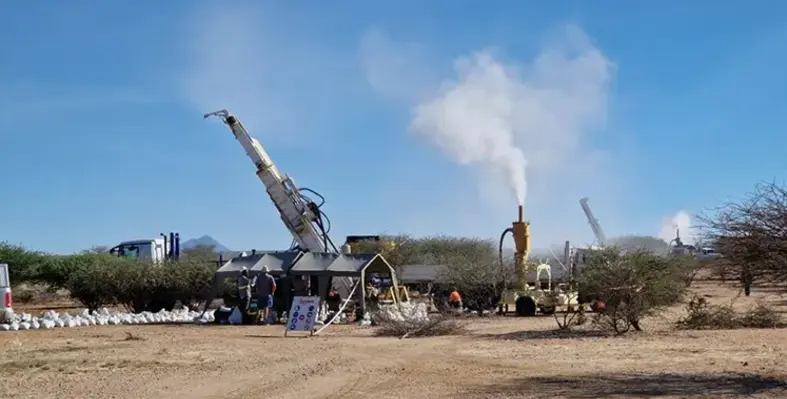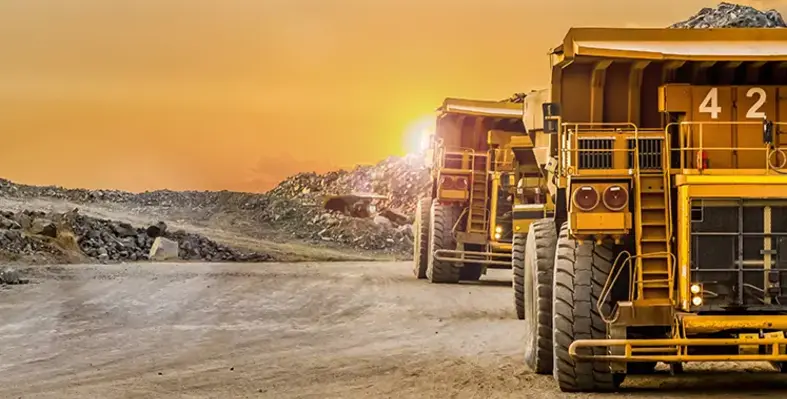South Africa’s Condra has received “multiple orders” to manufacture cranes, hoists and other lifting equipment for mine expansion projects in Sierra Leone, Tanzania and Namibia
The orders were placed by consulting firms in Canada and Australia, but non-disclosure agreements mean neither the customers nor the mines can be named.
The value was also not disclosed by Condra, which will execute the orders at its Johannesburg factory.
In a statement, Condra said the cranes will work in general workshop and feeder-line maintenance applications, with capacities ranging from two to eighteen tons.
Sierra Leone’s order comprises one long-reach jib crane, three single-girder overhead cranes and a portal crane, while Tanzanian mines will receive two double-girder cranes, a single-girder machine, one portal crane and a long-reach jib crane.
Six Titan hoists, among them several fitted with articulated carriages to negotiate curved girder tracks, will go to Namibia along with two portal cranes, a long-reach jib crane, two single-girder cranes and a double-girder machine. Fifteen chain hoists and blocks will also be shipped to Namibia.
Condra’s Titan hoist range is versatile, comprising the Compact Series with capacities to 32 tons, and the SH (Short-Headroom) Series with capacities to 18 tons. All models are variants of the veteran K-Series hoists, but refined to offer a more compact profile with reduced overall dimensions.
Among the cranes included in the international orders are several equipped with high-lift K-Series hoists, in one instance to a height of 40 metres. These hoists have a proven record in high-lift applications. The company’s installed base includes hoists with controlled lifts as high as 150 metres.
A Condra spokesman said there had been “close cooperation” with the consultants to ensure that agreed prices could remain competitive without compromising the robust reliability required for harsh operating conditions.
Overall lifetime cost will remain lower than cranes offered by rival firms, said the spokesman, while inspection and testing will take place at defined stages during manufacture to ensure compliance with international quality control, safety and lifting equipment standards.
Manufacturing is now underway at the company’s Germiston factory, with delivery to be carried out by road. A number of crane girders will be spliced to allow packing in standard 12-metre containers.
Shipping dates will be staggered to meet project timetables, with delivery scheduled for late 2025 through to mid-2026.
Technicians from Condra will then manage installation and commissioning in Sierra Leone, while local agents will carry out this work in Tanzania and Namibia.
Read more:
Epiroc wins Ghana mining equipment order







